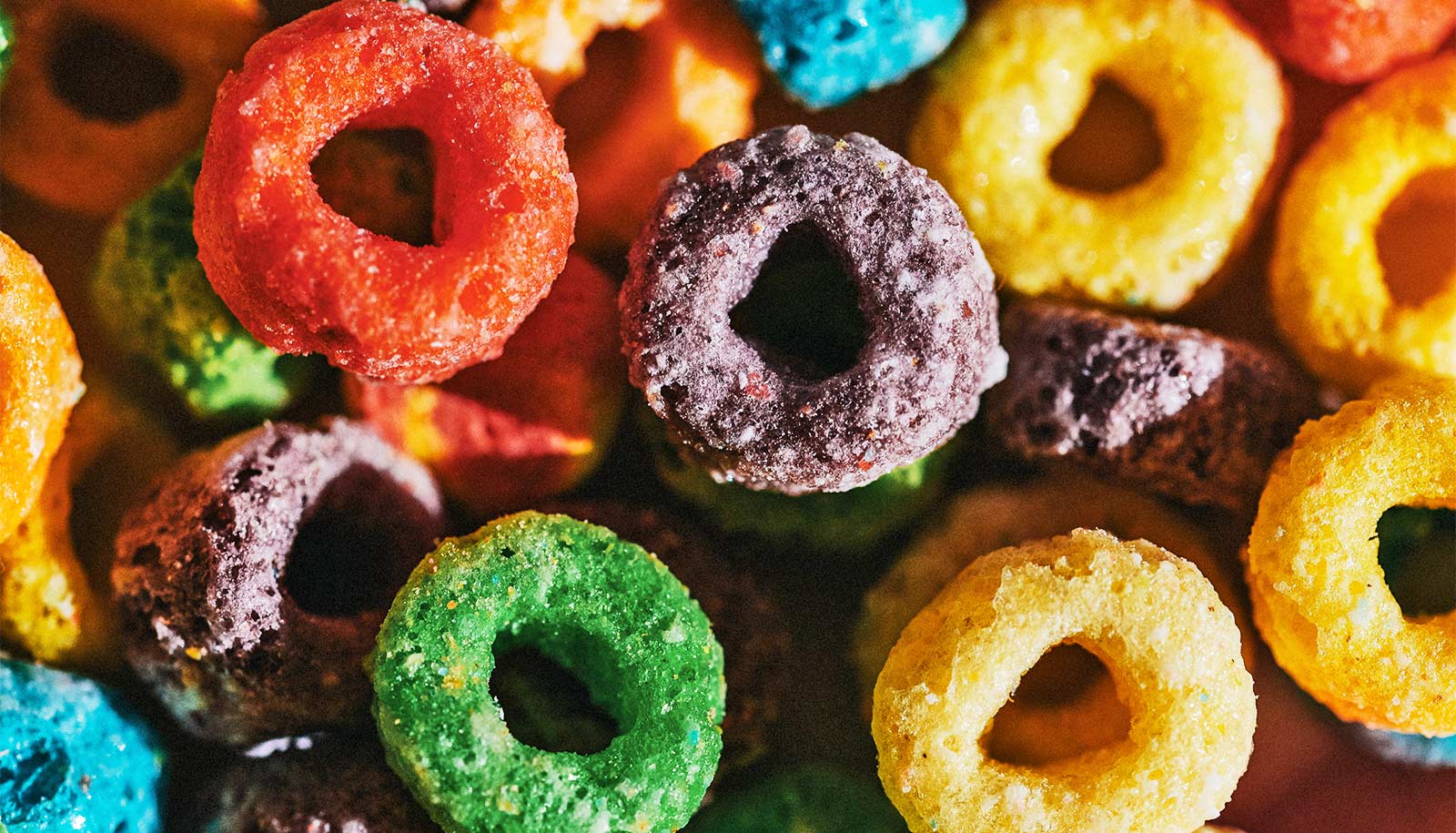Labels on formulas and milks sold as “toddler drinks” can confuse parents about their healthfulness or necessity, a new study suggests.
The study examines how US policies and regulations can support clear and truthful labeling of toddler drinks, given that international and US health experts and pediatricians don’t recommend them.
In order to foster healthy toddler diets, the researchers recommend that the Food and Drug Administration (FDA) provide guidance or propose regulations to ensure the appropriate labeling of toddler drinks.
“Our study builds on previous research demonstrating that manufacturers’ marketing practices may undermine the diets of very young children,” says Jennifer L. Pomeranz, assistant professor of public health policy and management at New York University’s College of Global Public Health and the study’s lead author.
Don’t believe the hype
Toddler drinks—marketed for young children from 9 months to 3 years old—include two types of products: transition formulas (for infants and toddlers 9-24 months) and toddler milks (for children 12-36 months old). Most toddler drinks are primarily composed of powdered milk, corn syrup or other added sweeteners, and vegetable oil, and contain more sodium and less protein than cow’s milk.
“Toddler drinks are unnecessary and may undermine a nutritious diet, yet manufacturers have expanded their marketing of these products…”
Although marketing and labeling of toddler drinks implies that they are beneficial for children’s nutrition and growth, the American Academy of Pediatrics and the World Health Organization recommend that toddlers (from age 1) drink cow’s milk in combination with eating healthy foods. The World Health Organization deems toddler drinks “unnecessary” and “unsuitable,” and the American Academy of Family Physicians says toddler drinks hold no advantage over cow’s milk and a nutritious diet.
Previous research has highlighted that common marketing and labeling practices for infant formula may mislead parents to believe that these products provide benefits over breastfeeding.
As companies have increased their advertising spending for toddler drinks in recent years, public health experts have also begun to raise concerns about questionable claims and other labeling practices for toddler drinks, including messages that imply their necessity for toddlers’ growth and mental performance, and position them as a solution for picky eating.
Truth in food labels
The current study, which appears in the journal Preventive Medicine, evaluated toddler drink labeling practices and assessed policy strategies to support transparent and truthful labeling, enabling caregivers to make well-informed decisions about feeding their children. In conducting legal research on US food label laws and regulations, the researchers found distinct policies for infant formulas, but nothing specific to toddler drinks.
The researchers then visited stores to collect and evaluate toddler drink packages, including nutrition labels and claims. They note that toddler drinks go by a variety of names (e.g., “toddler formula,” “toddler drink,” “toddler milk,” or “milk drink”), which could be confusing for consumers.
Marketers make sugary ‘toddler milk’ seem healthy
They observed that all toddler drink labels made at least one health or nutrition claim, and nearly all made multiple claims. Some also included scientific or expert support for the product. For instance, one brand stated that it was the “#1 brand recommended by pediatricians for products*” (with a footnote, “*Among products labeled for toddlers under 2”)—despite the fact that the American Academy of Pediatrics, which represents pediatricians, does not expressly recommend toddler drinks.
“All product labels made claims related to nutrition and health, and many made claims about expert recommendations that may lead caregivers to believe these products are necessary and healthy. In fact, they are not recommended by health experts, as there is no evidence that they are nutritionally superior to healthy food and whole milk for toddlers,” says Pomeranz.
The researchers also compared toddler drink labels with the same brand’s infant formula labels and found that most toddler drink labels used similar colors, branding, logos, and graphics. These similarities could increase the likelihood of confusion among consumers about the appropriateness of serving toddler drinks and the differences between infant formulas and toddler drinks.
Changing labels
The researchers encourage the FDA to provide guidance or regulations on toddler drink labeling, which could include requiring manufacturers to include statements to consult a physician prior to use, use appropriate health and nutrition claims, and clearly differentiate between infant formula, transition formula, and toddler milks.
The researchers also call for manufacturers to change their labeling practices to support informed consumer decision-making. For instance, manufacturers should agree on and consistently use one name for similar products and discontinue practices that do not align with FDA regulations and expert recommendations, such as using questionable health claims and images of bottles.
No, cow milk in baby formula doesn’t up diabetes risk
“Toddler drinks are unnecessary and may undermine a nutritious diet, yet manufacturers have expanded their marketing of these products. Therefore, it is important for labels to be clear, transparent, and accurate,” Pomeranz says.
“The FDA and manufacturers should work together to end the inappropriate labeling of toddler drinks and ensure caregivers have reliable information to nutritiously feed their children.”
In addition to Pomeranz, study authors include Maria J. Romo-Palafox and Jennifer L. Harris of the Rudd Center for Food Policy & Obesity at the University of Connecticut.
Source: New York University



